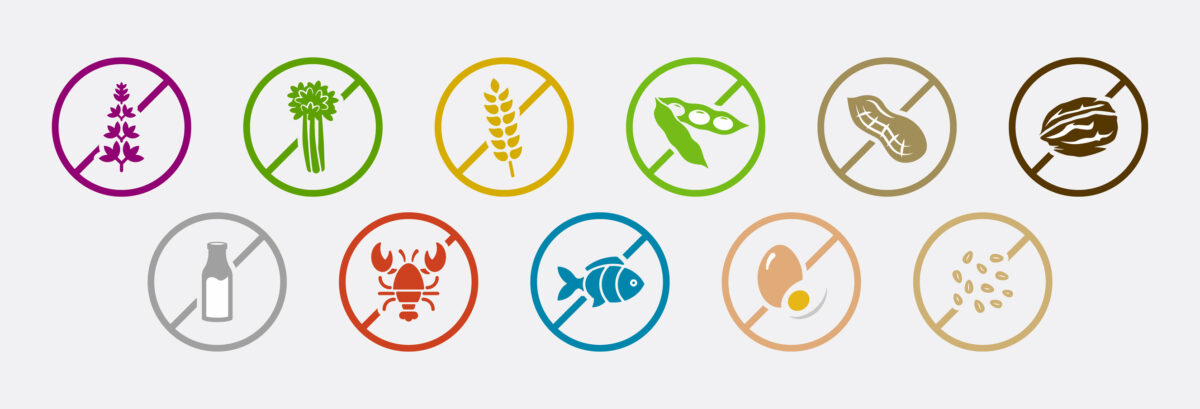Addendum to AllerGenis GAI News profile, April 2021
Recall the first visit to the emergency department with your young child. You were there because you suspected an allergic reaction to peanuts. Your daughter had eaten them previously, but this time she reacted and felt ill.
|
|
The ER doctor told you it likely wasn’t an allergic reaction, but to follow up with an allergist. Your worst fear unfolds during the exam. Because the details were sketchy, the allergist suspects peanut allergy. A nurse pokes your daughter’s back with a dozen or so needles containing different food allergens. Some caused a hive; some did not. |
|
|
The allergist sort of apologizes at one point explaining that diagnosing food allergy is tricky – that scratch tests are meaningful with negative results, and the blood tests aren’t very useful at all. The best way to know is to have your daughter eat peanuts again in the doctor’s office so that if a reaction occurs, they can stop it. Your daughter panics and begins whaling immediately. “You’re going to make me eat peanuts – could I die?” You and the doctor calm her down and decide not to do the food challenge. |
|
|
Now what? The allergist prescribes an epipen and instructs your daughter to strictly avoid eating anything containing peanut. Forever? Will she grow out of it? Is she allergic to any other foods? Will she react again? Is there a cure?
|
|
|
It strikes you that you will now have to carry an epipen everywhere you go. Your daughter won’t be able to go to birthday parties unattended. Maybe no summer camp. The next day you go to the grocery store and scour the labels looking at the ingredients. Which food is safe? Which food might cause another reaction? |
Several months later, after many stressful meals, much shopping for food-allergy friendly brands and stores, and canceling dinner reservations out, you read an article online that notes that over 60 percent of kids have received a false-positive result for peanut allergy. If that is true, did you go through all that stress unnecessarily?
Biotech company AllerGenis seeks to change all of this with its precision diagnostic platform that utilizes current state-of-the-art technology that accurately and reproducibly measures epitope reactivity to food allergens. This will enable the identification of allergies to a detailed level, allowing sufferers to know if they are safe having, for example, 1/2 a peanut but not more than four, therefore opening up more foods to them and the ability to enjoy more food-related activities (summer camps, birthday parties, family get-togethers, travel, etc.) without fear of reaction. Learn more about this cutting-edge innovation at allergenis.com.

Let GAI News inform your engagement in the agriculture sector.
GAI News provides crucial and timely news and insight to help you stay ahead of critical agricultural trends through free delivery of two weekly newsletters, Ag Investing Weekly and AgTech Intel.





